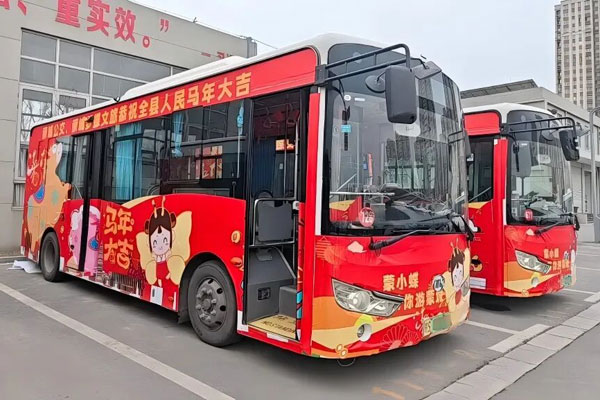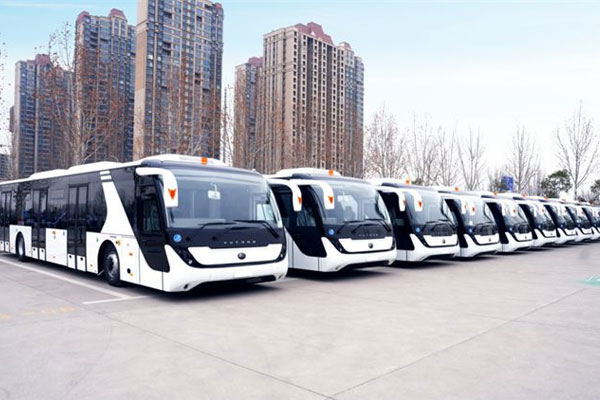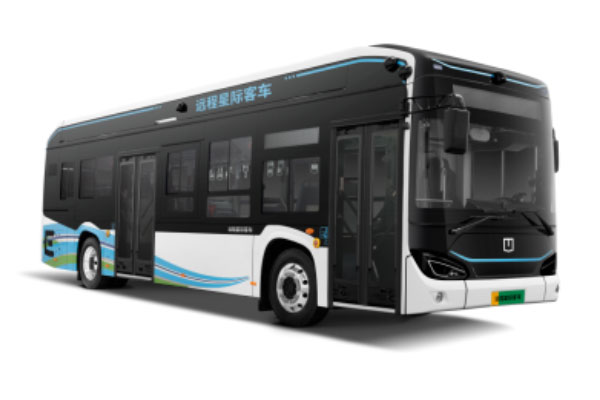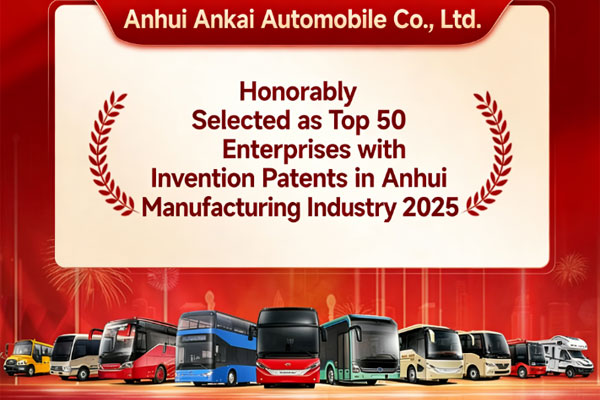Voith Hybrid Systems Started Practical Test
27 September 2009
The increasing scarcity of fossil energy carriers and the constraints to reduce CO2 emissions are incentives for series-producing new drive concepts as soon as possible. Voith is therefore working intensively on as many as two hybrid solutions for citybus applications – the parallel hybrid DIWAhybrid and the serial hybrid ElvoDrive – so that operators can choose the optimum solution for any application profile. Both systems have meanwhile reached important milestones: ElvoDrive is being tested in daily scheduled service in Sweden, and the first customer orders for DIWAhybrid have arrived from the USA.
The start for the market introduction of the two systems was made at the IAA 2008, immediately followed by the North American transit exposition APTA in the same year. The highlight of this trade show was the DIWAhybrid, which was presented both as an exhibit and also as an installation in a vehicle for test rides. Designed as a parallel hybrid system, the DIWAhybrid builds on the proven DIWA automatic transmission and offers an ideal supplement to conventional drivelines without having to compromise on maximum driving speeds. The DIWAhybrid is thus particularly suited for application profiles with higher average speeds, i. e. routes from the city center to the suburbs, which are typical also for North American bus lines.
How convinced our customers in the North American market are by the parallel hybrid concept is demonstrated by an order for nine vehicles with DIWAhybrid by the American manufacturer Gillig: Central Contra Costa Transit Authority (CCCTA) based in Concord, a town with approximately 125 000 inhabitants not far from San Francisco, will test these buses in daily service from spring 2010.
DIWAhybrid allows fuel savings and thus lower CO2 emissions of up to 20 percent by storing energy generated during braking, which is then recuperated for subsequent acceleration processes. For this purpose, super condensers combined with an inverter specifically developed by Voith for bus applications are being used. With this combination, high outputs that are generated particularly during the braking of citybuses can be efficiently used.
This inverter is also a core component of the serial hybrid system ElvoDrive. Power is transmitted purely electrically; the vehicle is driven by an electric motor, also developed by Voith, which is based on TFM technology (TFM = transverse flux machine). This electric motor is characterized by its extremely high efficiency coupled with a very high torque, as a result of which kinetic energy created during braking down to standstill can be optimally stored. ElvoDrive is therefore ideally suited for routes with low average speeds and a high number of stops – i. e. applications that are typical for European metropolises such as London, Paris or Rome. Through the storage of kinetic energy in super condensers combined with additional flexibility for actuating the combustion engine, fuel savings of up to 25 percent can be achieved.
Practical tests of the ElvoDrive have been carried out since May 2009 in six vehicles of the Swedish manufacturer Scania in the city of Stockholm. Right from the beginning, this field test with a two-year timeline has shown highly positive results that confirm the expectations. Since these vehicles are fitted with engines on ethanol basis rather than conventional combustion engines, the CO2 balance can be improved by up to 90 percent in combination with ElvoDrive – an invaluable contribution towards protecting our environment.
Source : english.chinabuses.com
Views:5775








